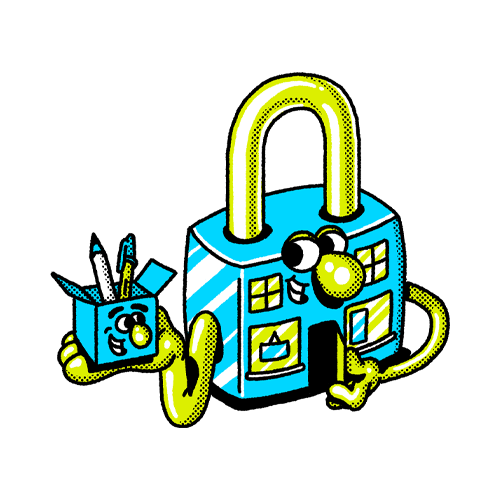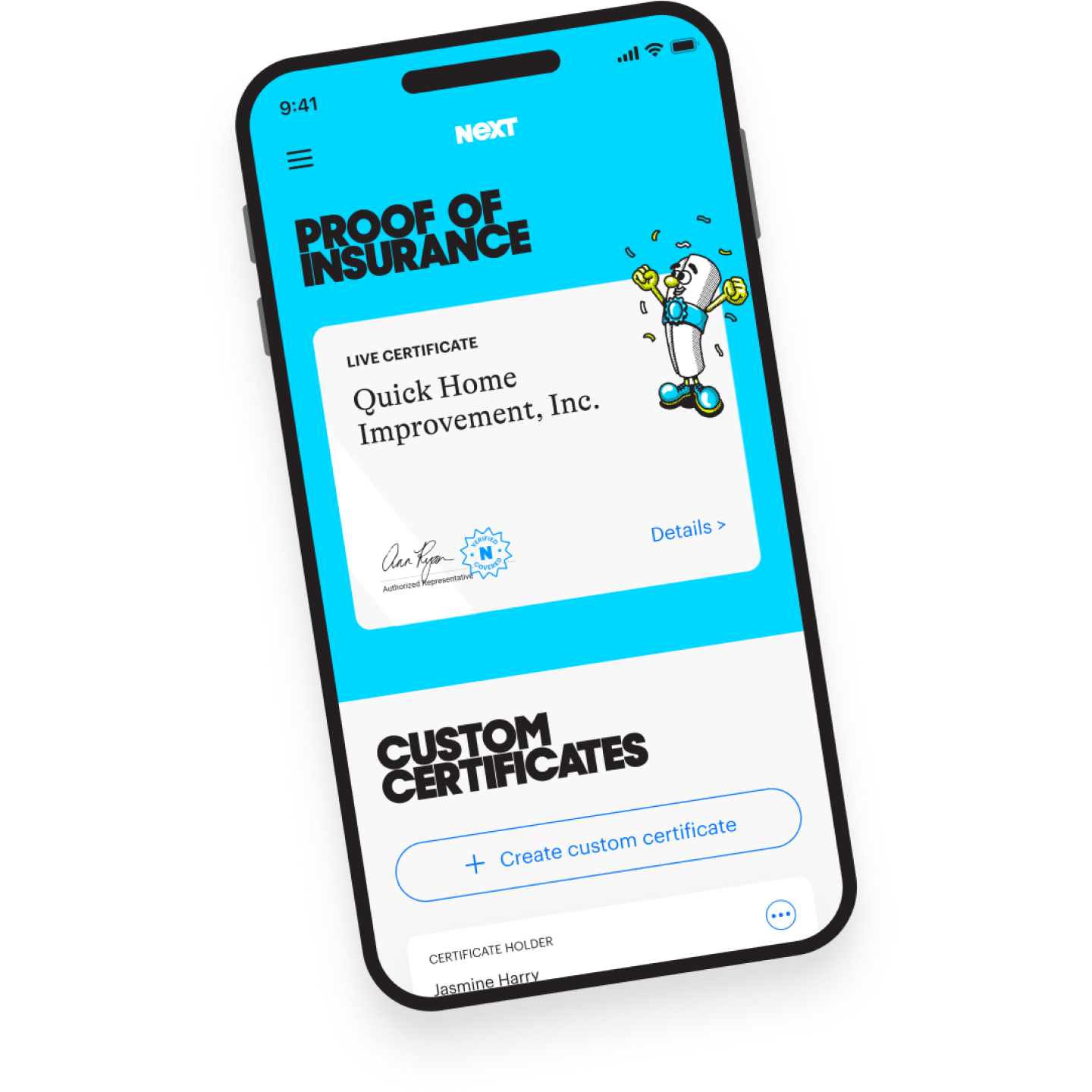Our restaurant insurance packages are designed to protect your business from a variety of risks and help you save money to grow your business. You can be protected from financial losses related to:
Damage to someone’s property
A server spills soup on a client’s designer purse and cell phone. The general liability coverage in your insurance package could help pay for replacements.**
Accidents that hurt someone
A customer slips and falls in your restaurant’s parking lot. Your restaurant
general liability coverage could also come into play here by defending you from legal fees and helping to pay for damages if you are found liable.
Liquor liability insurance
An intoxicated customer accidentally knocks another patron to the ground on the way to the bathroom. The guest breaks her wrist in the fall and sues your business for the medical expenses. Liquor liability insurance can help with legal defense costs or any medical bills for which you may be held responsible.
Professional mistakes
Your staff incorrectly answers a customer’s question about ingredients and they wind up in the hospital with an allergic reaction. Our general liability policy includes
professional liability insurance, which helps you defend yourself if you’re accused of making a mistake that causes someone to lose money.
Workplace injuries
One of your cooks gets burned by hot oil in the kitchen and needs medical attention.
Workers’ compensation coverage with business owner’s coverage can help cover medical bills and lost wages while they recover. Workers’ comp is usually required by law if you have employees.
Injuries and damage involving your business vehicles
Your employee accidentally reverses the restaurant’s van into a parked car.
Commercial auto coverage can help pay for the repairs. This coverage is also usually required by law for business-owned vehicles.
Damage to your own property
A grease fire breaks out and damages most of your facility’s kitchen.
Commercial property insurance can help with replacement or repair costs if your owned or leased property is damaged due to a covered event, such as a burst water pipe, fire, tornado or vandalism.





















